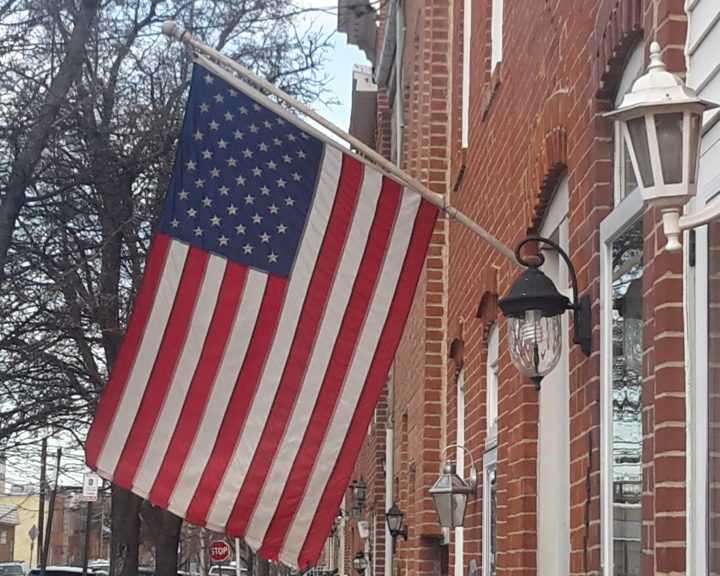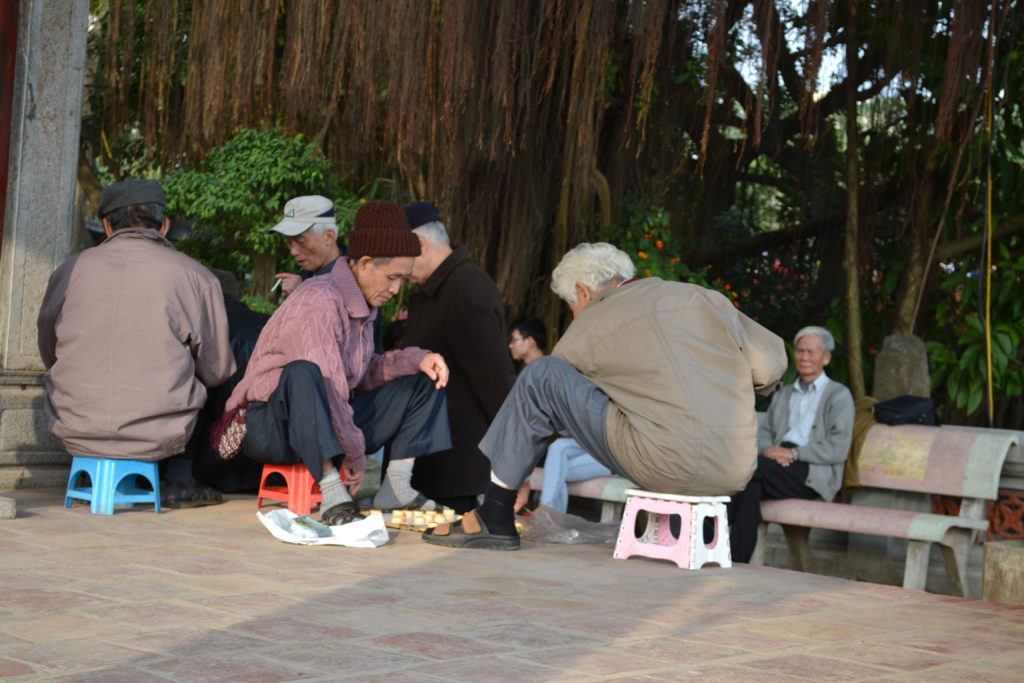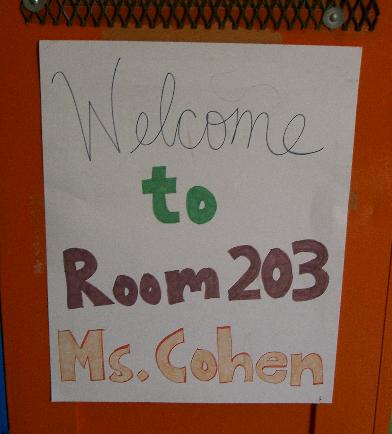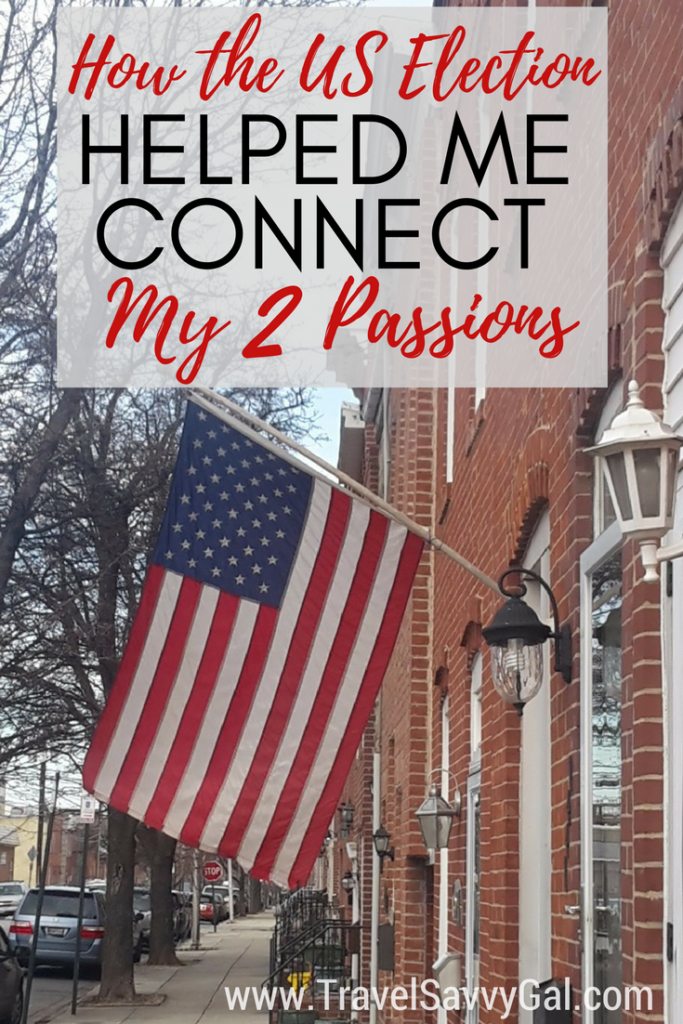
How the US Election Result Helped Me to Connect My 2 Passions
“Where are you from?” The typical first question of cab drivers transporting tourists, pretty much anywhere in the world.
“I’m American,” I reflexively replied.
While I know some Americans try to always disguise their nationality while they’re traveling, that’s never been me. I realize that sometimes there are bad stereotypes out there about American travelers, but I specifically mention that I’m American for that reason – to combat stereotypes. Nothing is a bigger compliment than being told by a foreigner that “you don’t seem like an American.” It basically means that they expected bad behavior, and instead you were gracious and unassuming.
The only place I had even considered temporarily adopting a non-American nationality was traveling in Vietnam in 2012. I had thought that locals might have prejudices or dislike Americans because of the Vietnam War, so started off telling people I was Australian (I figured they wouldn’t be able to distinguish between different accents speaking English, plus I *was* living in Perth at the time). In the end though, it turned out that none of the Vietnamese people I met harbored resentment against American tourists. So whenever I’m asked about my nationality, answering that I’m American doesn’t take any conscious thought.
Of course, on this particular cab ride, it was the next question that caught me completely off guard. “Donald Trump, new President?”
For Election Day this past November, I was in Bali, Indonesia. It was a week that I had set aside during my recent travels to fall off the grid. Not because of the US election, but simply as a week bridging the time between staying with friends in Singapore and Perth, Australia. I did not post on the travel blog or any of my social media accounts about where I was. I left my “nice” camera behind every time I went around exploring. And I was evasive when people asked which countries I’d be visiting on my 2-month trip, always excluding Indonesia.
Ubud is a pretty simple town in central Bali, where roosters crowing will wake you up at dawn no matter where or how fancy your accommodations. I had booked a car to take me to the airport at a nondescript, family-run stand around the corner from my impossibly cheap homestay. So when my taxi driver (the husband of the family) displayed a working knowledge of the American election result from three days prior, asking me about our new President-Elect by name, I was taken aback.
This was my first indication of the worldwide impact and awareness of the US election results – that everyone from wealthy intellectuals to the proverbial (and literal) man on the street in remote areas would know about the election, and be eager to ask any American in sight all about it. And like many Americans, foreigners were equally baffled about the election’s outcome, and couldn’t help but pepper me with questions as they tried to make sense of what happened.
So what does this all have to do with me and my passions?
I recently read Brené Brown’s The Gifts of Imperfection, in which she discusses the concept of a “slash career,” put forth by Marci Alboher. Essentially, the idea behind it is that people don’t need to limit themselves to a single professional identity, or even a single field. Instead, it’s fine to be a Doctor/Artist or Engineer/Musician (notice the slashes?), identifying two distinct passions or identities and taking on them both simultaneously without having to pick a single career or chosen pursuit.
This really was a moment of epiphany for me. I started the Travel Savvy Gal blog at a point in time when I was not working a regular job. People still ask me if my plan is to become a Blogger full-time. “Oh no,” I say, “blogging is a hobby, professionally I am still an Educator.” But this idea of a “slash career” meant that I didn’t have to choose, I could be both! From that moment on, I started thinking of myself as an Educator and a Travel Blogger, two pursuits I considered as disparate as being a Doctor and an Artist.
“It’s great,” I thought, because my education background is teaching high school mathematics so the “Educator” title would cover the logical, rational, mathematical side of my brain and the “Travel Blogger” title would be my completely different, creative pursuit in writing and communication. Two completely different areas where I find personal fulfillment and two different pursuits tapping into totally different parts of my brain.
This world view held for months, and it was only after the US election that the two ideas, my two passions that I had considered so completely separate, began to come together in my mind.
After Donald Trump became the US President-Elect, the questions swirled…
How could this happen?
How could America elect someone with no experience in elected office?
How could the same country who *re-elected* America’s 1st black President four years ago now elect someone who had spoken out against many minority groups?
Why did so many Americans fear the “other”?
And perhaps most importantly,
What needs to happen in the coming four years so that Americans support a candidate in the next presidential election who favors openness, international engagement, and welcoming refugees and immigrants?
Of course, I grappled with these questions and thought extensively about what I thought would be the “solution” to counter America’s isolationism and the desire many Americans felt to withdraw from the world stage and focus solely on issues at home instead.
What could convince Americans to be more open to strangers and foreigners?
What would make Americans believe that most refugees were simple people in a rough situation they did not create, and did not pose a security threat?
What would need to happen so that Americans wanted to engage with and not withdraw from the international community?
And honor our obligations to the international community?
After much pondering, the two answers I came upon: Travel & Education.

Travel.
Traveling of course can range from being sequestered in an all-inclusive resort and never setting foot outside to being completely immersed in the villages and with the people of a foreign country. Most of my travel falls into the latter category, and it is this kind of travel I’m talking about. Even if it’s minimal contact on a single-day jaunt away from the resort or off of a cruise ship, to me travel means both contact with locals and exposure to a different culture and a different way of doing things. And eye-opening travel can also be within your home country, to another state or region that does things a bit differently.
If you’ve never left the familiar comforts of home, you’ll never realize how much you take for granted. All of those things you simply think are universal or fixed in place, but it is only exposure to another place or another culture that allows you to see a different approach. For me, travel has allowed me to see that their can be two approaches to a situation, both different, yet both equally valid. There can be multiple right ways to do something, it all depends on your perspective. It is that open-minded thinking that I believe can prevent politics from becoming emotionally-charged and hugely divisive, and in many ways a type of thinking that is enhanced by travel.
“Travel is fatal to prejudice, bigotry, and narrow-mindedness.” – Mark Twain
On the road, you’ll often meet people of other nationalities, economic brackets, professions, and walks of life. Being outside of your normal routine, you’re more likely to cross paths with someone you wouldn’t have encountered back at home, even if it is someone of the same nationality. Through these interactions with someone who on the surface is quite different from you, that is where the commonality of the human condition emerges. Some of the most impoverished people I’ve met in my travels have the same basic concerns as people everywhere: how to best take care of their families and creating a better future for their children. These first-hand interactions that come from travel really make it so clear that people around the world have more in common than is different.

Education.
Sure, you say, travel is great, but not everyone has the ability or financial means to travel. While I would dispute the idea that travel is outside of the reach of many people, that is a conversation for another day. Among both the frequent travelers and those who never stray outside of a short distance from home, I know that education can teach different approaches and ways of thinking about the world, just as travel does.
People often say to me that it must be so easy being a math teacher and grading papers because there is only one right answer to a math problem. But that is not the case at all! Even for a problem that has a single number as an answer, there are so many different possible approaches that assignments and exams can be quite difficult to grade. And of course the real mathematical analysis comes into play when you ask a student to come up with multiple, valid ways to solve a single math problem. That is where the real expansive thinking comes in, brainstorming multiple approaches that can all be simultaneously correct.
I see education as a “solution” to isolationism because it has the capacity to expose people to a diversity of ideas and approaches, in mathematics and of course all the other subjects, too. Good education teaches critical thinking and provides students with the skills to compete in a global economy rather than fear it. And education inspires students to take the initiative to do research and be responsible for their own learning, drawing their own conclusions and not just accepting what others say at face value.
Connecting the Two?
Interestingly, I am not alone when it comes to having both travel and education as a passion. There are a ton of other travel bloggers out there who are also educators, something I was surprised to discover (but really shouldn’t have been). Sure, you say, of course teachers travel a lot because they get summers off. However, I don’t think it is just because of the vacation time – although many teachers certainly use that to their advantage – but also because of that common drive we teachers have to discover and explore the world around us. And just because teachers travel a lot would not necessarily mean that they also become travel bloggers in droves, although that too is what seems to have happened.
If you are a teacher, you not only have an intellectual curiosity about the world around you, but you seek to share your experiences and knowledge with others: your students. That is where the crossover between academic and professor occurs, and also the crossover between avid traveler and travel blogger – not just traveling but also sharing the resulting expertise and perspective with the world.
Of course, there are ways to simultaneously unite travel and education, instead of just keeping them as parallel yet related passions, and there are travel bloggers out there doing just that. As for me, at this point I don’t know if I’ll integrate my two passions of travel and education or keep them as separate pursuits, but certainly they are not nearly as different as I originally thought.
Do you have multiple passions or careers that you’ve chosen to pursue? How do you reconcile these different aspects of who you are? I’ve obviously been grappling with these issues, so help me out here =) Share your strategies (and ongoing struggles) in the Comments below!
